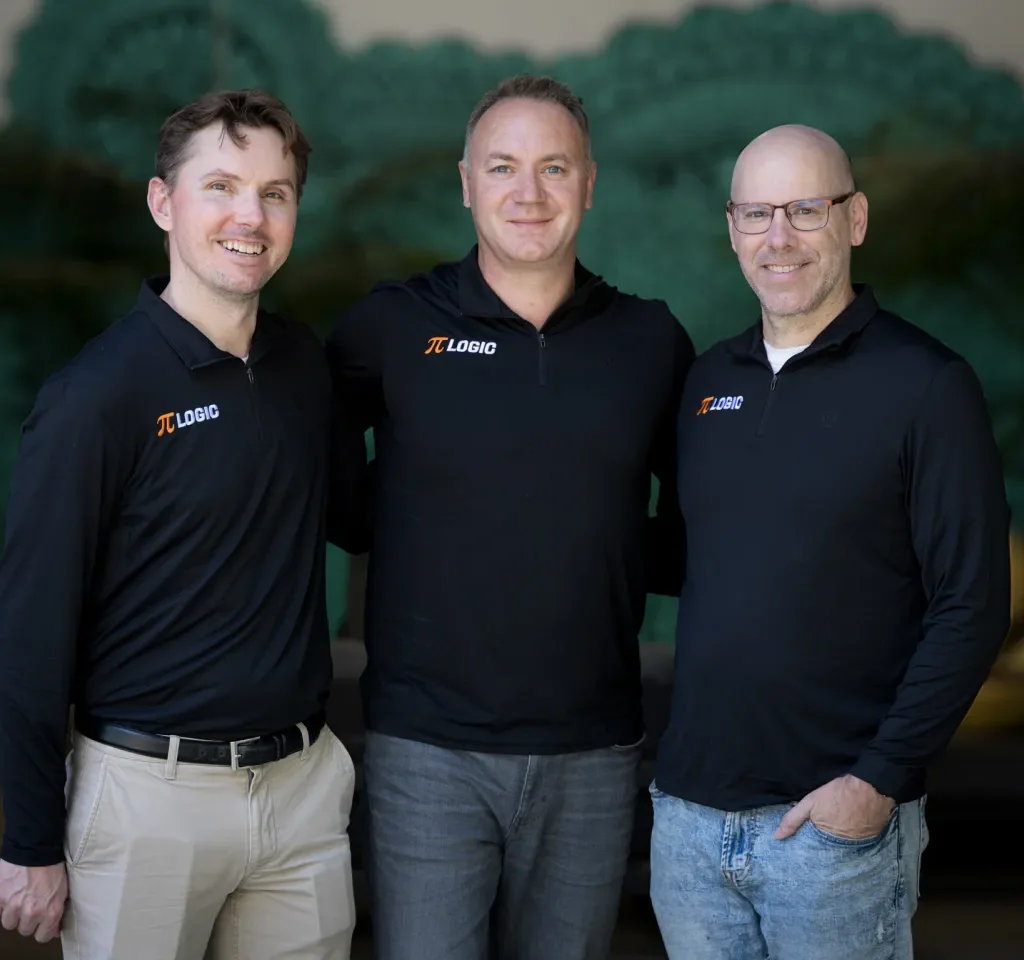California-based startup PiLogic has secured $4 million in seed funding to advance artificial intelligence tools designed to diagnose and mitigate satellite issues in orbit, the company announced on Wednesday.
PiLogic's flagship technology, an AI-driven diagnostics model for satellite electrical power systems, is set to launch later this year aboard a customer spacecraft, founder and CEO Johannes Waldstein said. The software combines onboard sensor data with engineering principles and component-level knowledge to assess satellite health and autonomously correct faults.
“It understands the cause and effect in a healthy system, and then it reasons to what's broken or what's wrong,” Waldstein explained. Unlike rule-based diagnostic systems or large generative AI tools such as ChatGPT, PiLogic's “exact AI” was developed specifically for real-time space applications where swift decision-making is critical. “You lose the satellite if [diagnosis] takes too long,” he said.
The AI can execute commands onboard, such as switching to backup power or rerouting around a failed system, without waiting for ground intervention. Waldstein added, “It will contact the operators saying: ‘I've done this, I think there's a failure in this sensor … we should reroute around that.'”
Optimized for efficiency, the model is capable of operating without large datasets or high-performance GPUs, making it viable for smaller satellites, including cubesats. However, PiLogic sees stronger demand from operators managing high-value, complex spacecraft. The company's tools have already been validated in ground-based testing with NASA.
In addition to diagnostics, PiLogic has developed a second AI model that tracks and identifies moving objects in 3D space, distinguishing between aircraft and drones at a significantly faster pace than conventional tracking methods.
The seed funding round was led by Scout Ventures and Seraphim Space, with participation from Sovereign's Capital, Flex Capital, FN Fund, and angel investor Gokul Rajaram. PiLogic plans to use the funding to expand its engineering team, enhance its software platform, and accelerate deployments with early customers, which include large satellite operators and commercial-government ventures.
